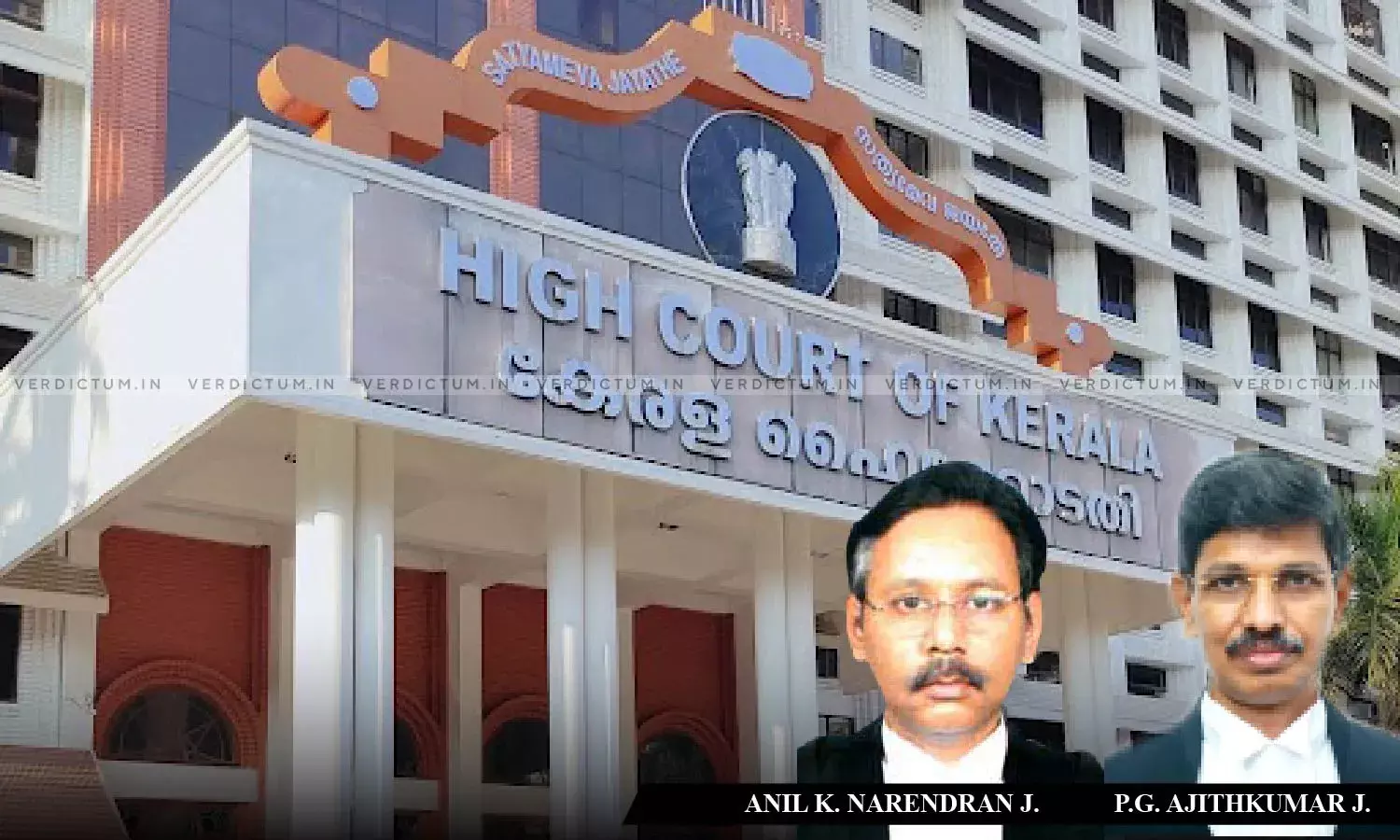One Who’s Actively Involved In Politics Cannot Be Temple Trustee: Kerala HC Holds CPI(M) & DYFI Members Disqualified

The Kerala High Court held that one who is actively involved in political activities or politics is not eligible to become a trustee of a temple.
The Court directed that the members of the Communist Party of India (Marxist) i.e., CPI(M) and Democratic Youth Federation of India (DYFI) are disqualified to be a non-hereditary trustee in a temple under the Malabar Devaswom Board.
A Division Bench of Justice Anil K. Narendran and Justice P.G. Ajithkumar observed, “It is a matter of common knowledge that the functioning of a political party and selection/election of its office bearers is not similar to public employment. Whichever be the political party, one who is actively involved in the activities of that political party alone is ordinarily selected/elected as an office bearer. Having been selected as office bearer of the political party/DYFI before or soon after the appointment as non-hereditary trustees, respondent Nos.6 to 8 cannot contend that they were not active politicians.”
The Bench asserted that a person having reverence and adoration for a deity can alone be treated as a worshipper and that a person facing criminal prosecution for an offence involving moral turpitude cannot be considered a true worshipper of that standard required for a person to be appointed as a trustee in a Temple.
“Curiously enough the officials of the Malabar Devaswom Board did not make any enquiry regarding such backgrounds of those respondents and the Area Committee which made the appointment did not bother to delve into any such matters. In such circumstances, we are of the view that respondent Nos.6 to 8 were disqualified to be appointed as non-hereditary trustees at the time of their making applications and appointment, on account of their involvement in active politics”, said the Court.
Advocate K. Mohanakannan and Advocate H. Praveen appeared on behalf of the petitioners while Advocate R. Lakshmi Narayan, Advocate Mahesh V Ramakrishnan, and Advocate Chitra Johnson appeared on behalf of the respondents.
Facts of the Case –
The petitioners preferred a plea against the appointment of the non-hereditary trustees stating that they were office bearers of a political party and that the criminal proceedings were pending against them. The respondents included a Local Committee Secretary of CPI(M), a Branch Secretary of CPI(M), and a Meghala Secretary of DYFI.
A Board of Trustees constituted as per the orders of the Area Committee under the provisions of Section 41 read with Section 39(5) of the Madras Hindu Religions and Charitable Endowments Act, 1951 was managing the affairs of the Sree Pookkottukalikavu Temple. Such a temple was under the administrative control of the Malabar Devaswom Board.
The questions for consideration before the High Court were: (i) Whether a person actively involved in politics, whether or not holding an official post, is disqualified to be a non-hereditary trustee in a Temple? (ii) Whether facing criminal prosecution is a disqualification?
The High Court after hearing the contentions of the counsel for the parties noted, “The petitioners could have approached the statutory authorities to redress their grievance. Not only that they did not avail that remedy, but also they approached this Court after the lapse of a long period after appointment of respondent Nos.6 to 9 as non-hereditary trustees.”
The Court further said that there would not be any useful purpose if a writ is issued according to the prayer made in the petition.
“… we refrain from setting aside Ext.P1. This Writ Petition is disposed of by directing the Malabar Devaswom Board, the 1st respondent to ensure that hereafter every appointment of non-hereditary trustee in the Temples under its control is done strictly in accordance with the directions in Chathu Achan [2022 (6) KLT 388] (supra) and also the observations we made hereinbefore”, the Court directed.
Accordingly, the Court disposed of the writ petition.
Cause Title- Anantha Narayanan & Anr. v. Malabar Devaswom Board & Ors.
Click here to read/download the Judgment


